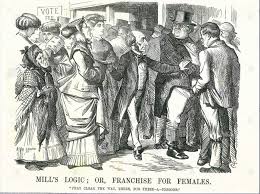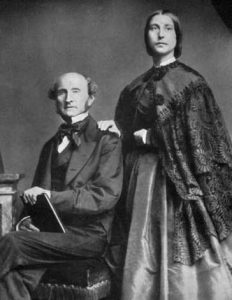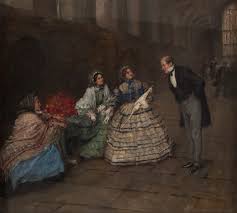Whenever it comes to thinking and philosophy in the arena of liberalism, John Stuart Mill is the most significant name that comes to our minds.
Yes, John Stuart, the very famous civil servant of that time he was mainly known for his philosophical thoughts, his psyche and his knowledge in economics as well.

John Stuart Mill as Economist
He was quite a known face as an economist and as a politician too. His domain of interest extended and stretched up to ethics and inductive logic too. He was a staunch man of his own ethics and his own words.
John Stuart Mill’s early life
He was born in 1806 and left the world in 1873. Though he was born in London, he died in France. He was born the eldest among eight siblings in the family and he was quite supported by his family especially by his father to take education seriously in life and become a philosopher, and a thinker.

He learned Greek and then took up Latin as well. He also started taking interest in debating and other current affair topics used to publish articles on societal political affairs and used to run a debating society as well
And he did this by the time he was around 16 years old. Hence, he started achieving fame in his field from quite a young age.
Works and Achievements of John Stuart Mill
- His logical thoughts paved the way for revolutions like “liberalism “. We come to know about an array of his ideas from his essays like, “On Liberty “.
- His thoughts about the British Empirical traditions, to change them, to modify them, to repair them were the main source of his philosophical thinking about the system of Logic.
- He worked upon the general notions of connotation and denotation and remarkably gained fame in the field of sociology as well.
His way of understanding human nature and society was totally different and his perception of politics was kind of different per se. He involved himself in the study of the internal nature of man and the external nature of man as well.

He studied nature, society, administrative protocols and how hoi polloi interact with social norms, and their reaction to these social reforms.
John Stuart Mill’s Philosophy
He was the abode of knowledge but at some point of time in his life, he felt a mental and emotional crisis, a kind of dissatisfaction and hence, after meeting Harriet Taylor he decided to keep in touch with her and eventually get married to her as well. She had been a colossal influence on his life.
John Stuart Mill’s Later Life
After he lost his wife, he moved to France to be close to her grave and this grief did not allow him to campaign as well when he got elected to the House of Commons there.

He achieved great success in the domain of politics in his later life but somewhere lost that mental calmness and emotional peace after her wife’s demise.
- His winning in the elections to the House of Commons in 1865 was a major moment of success and victory.
- His important role in the reformations in the 19th century is mentioned worthy.
- He remains a known name and a known face owing to his contribution to epistemology and political philosophy.
More Info On- John Vanderlyn, Thomas-Carlyle Biography